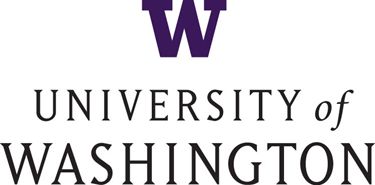President Trump's new plan for improving American infrastructure is "the right answer to the wrong question," says Justin Marlowe, professor of public finance at the University of Washington in Seattle.
Marlowe it addresses how to finance infrastructure projects, but not how to effectively maintain them.
"Public-private partnerships and leveraging state/local partnerships are a great answer to the question, 'How can we finance infrastructure? Who will make up the front investment?'" says Marlowe, a faculty member in the UW's Daniel J. Evans School of Public Policy & Governance.
"But in reality, there's no shortage of dollars available for investment. The much bigger issue — which the Trump plan mostly ignores — is, how will we pay for infrastructure over time?"
Marlowe said the Trump plan addresses initial funding for revenue-generating infrastructure like toll roads, bridges and wastewater systems.
The much harder challenge, he said, "is how we will pay for infrastructure that doesn't generate revenue or could never 'pay for itself,' like rural roads, affordable housing and libraries."
Marlowe studies and writes about public-private partnerships, which are a key feature of the Trump infrastructure plan. The New York Times reports the plan seeks to create $6.50 in private investment for every federal dollar spent.
Among the biggest challenges to maintaining public-private partnerships, he adds, is not financial or technical but political — because sometimes policymakers just change their minds and stop supporting them.
###
Contact Marlowe at 206-221-4161 or [email protected].

